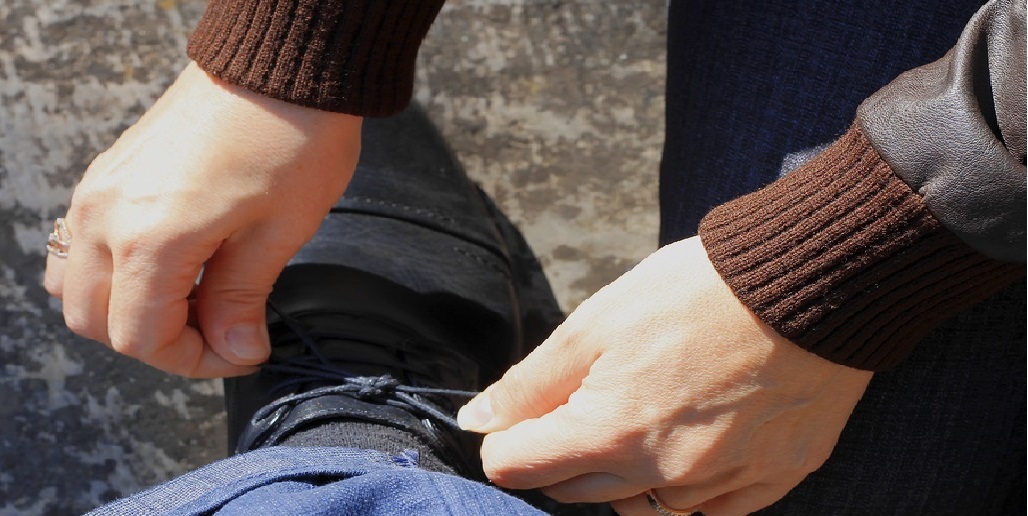Everyday Living Skills in Prader-Willi Syndrome
Self help skills:
Self-help skills in Prader-Willi syndrome vary widely. Skills such as washing, dressing and feeding require fine motor control and planning, and many young children and older adults in particular will need help with these daily tasks. Some people with Prader-Willi syndrome have poor temperature control and/or sensitivity, so may not select the most appropriate clothing for the weather conditions. Furthermore, people with Prader-Willi syndrome may need assistance to adjust the bath temperature.
The development of self-help skills may be delayed among children with Prader-Willi syndrome but some do achieve a degree of independence in this area.
Due to behavioural issues and eating problems most adults with Prader-Willi syndrome are unable to deal with situations alone and are therefore not able to live fully independent lives. Residential care is an option for adults living away from parents.
Mobility:
Around 90-100% of children with Prader-Willi syndrome have delayed motor development. On average early milestones are achieved twice as slowly than in typically developing children. Examples of this are sitting at twelve months and walking at 24 months.
Lack of muscle tone can make physical activity more difficult leading to children and adults being less physically active. However exercise regimes can be devised to encourage activity.
Communication skills:
Approximately 7 out of 10 individuals with Prader-Willi syndrome experience articulation problems which may lead to delayed language development. Speech therapy can be used in order to promote use of language.
For most individuals with Prader-Willi syndrome, verbal ability is a relative strength, however a small proportion have extreme language impairment.




